Author Archives: Matthew Prince
Author Archives: Matthew Prince
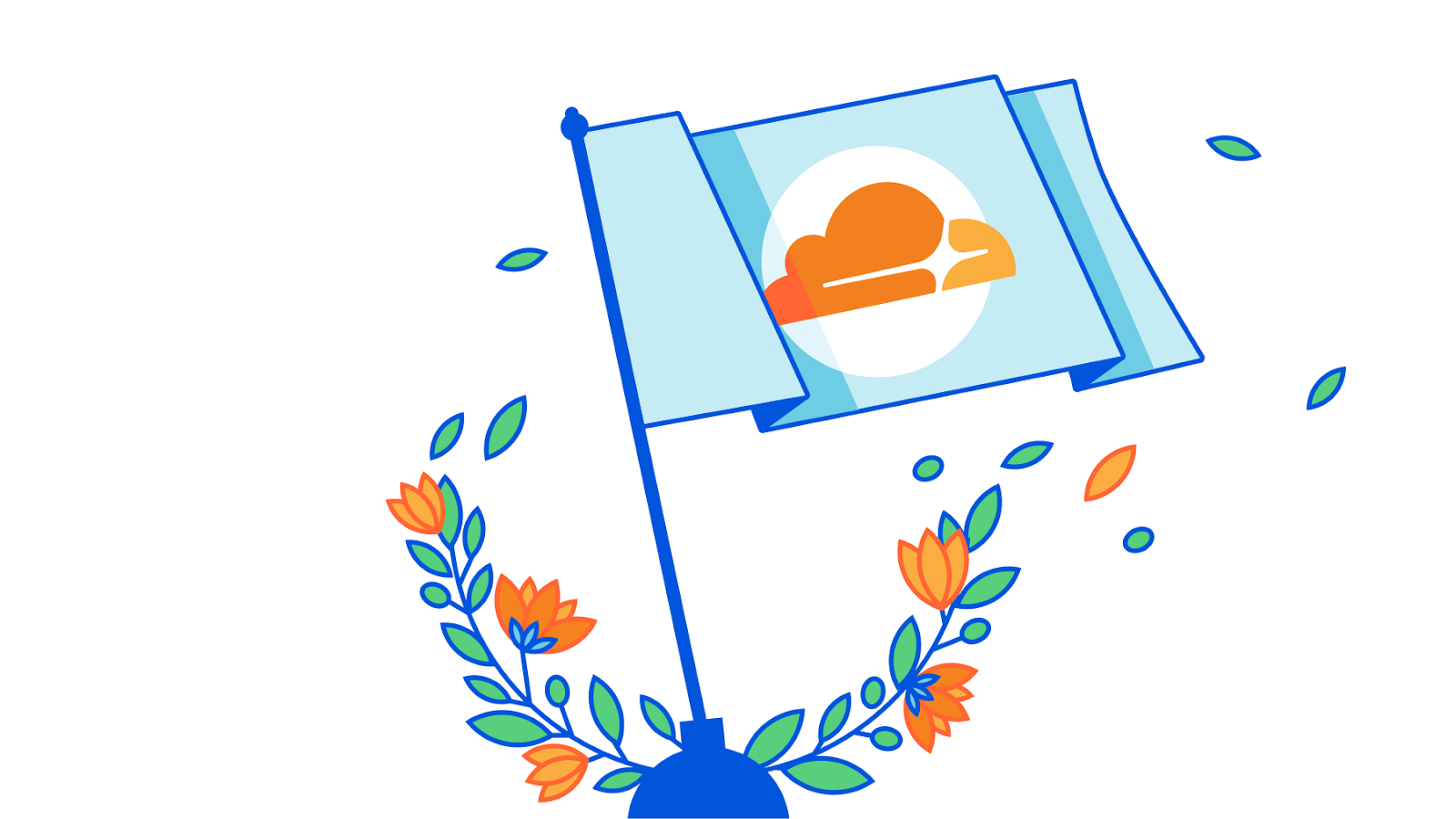
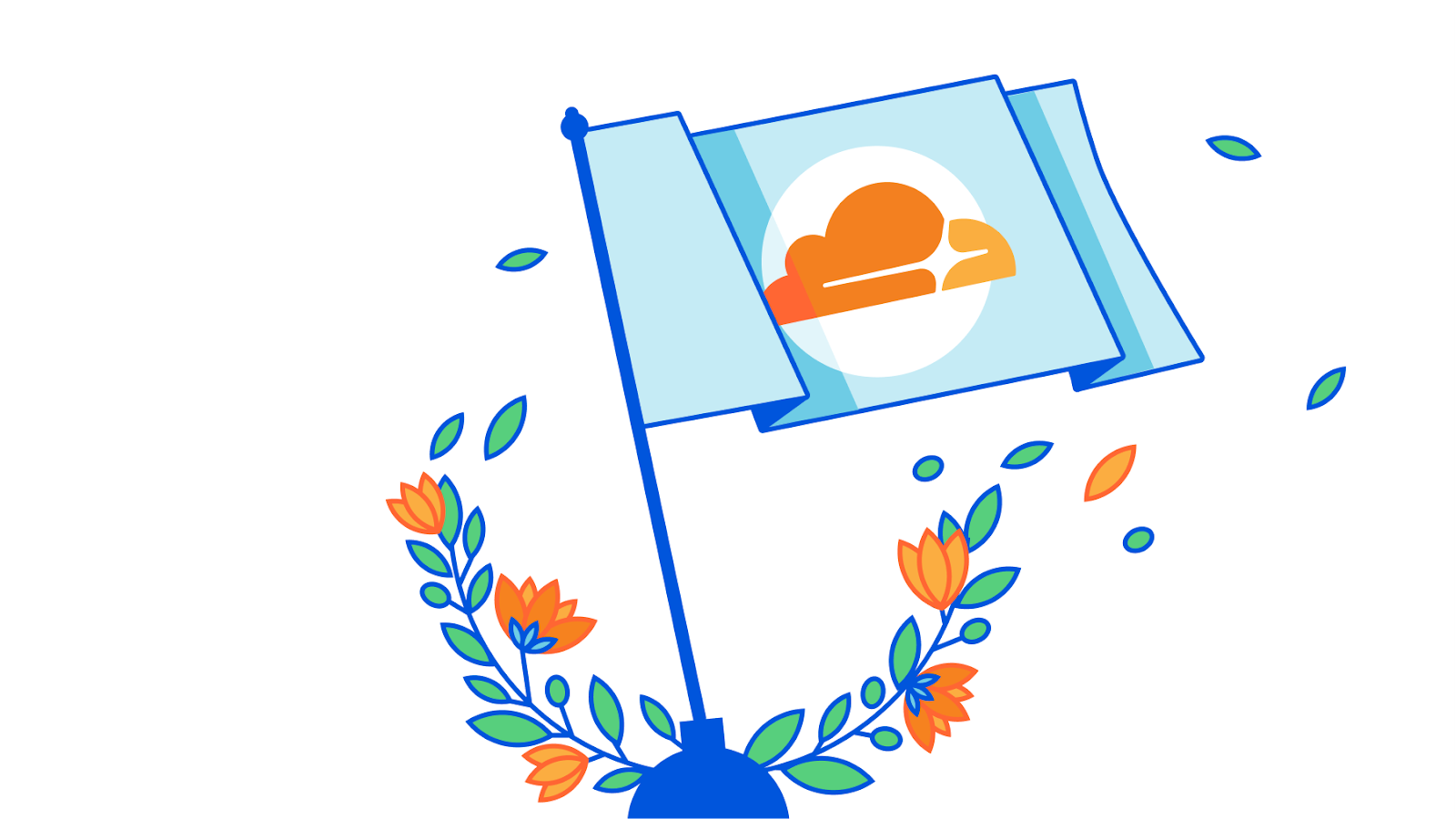
During Impact Week, we've shared how Cloudflare is providing tools for our customers to minimize their environmental impact as well as what we, as a company, are doing to help society at large. But some critical stakeholders we haven’t talked much about yet are Cloudflare's more than 2,000 employees: who build our services, support and educate our customers, keep our finances in order, work through difficult policy issues, and empower us to accomplish everything we have.
Over the last year and a half, we've all challenged a lot of the assumptions about what it means to "work." Prior to the start of the pandemic, Cloudflare was very much a work-from-office culture. And so when, on March 13, 2020, we closed all our offices and asked everyone to work from home, the two of us were extremely nervous.
And then something unexpected happened: a lot of things got better.
As a company, productivity increased — when measured by our success selling our products, our pace of shipping new products, and even things like the time it takes for our finance team to close our books.
Other day-to-day things got better, too. We noticed a marked increase in participation in Continue reading
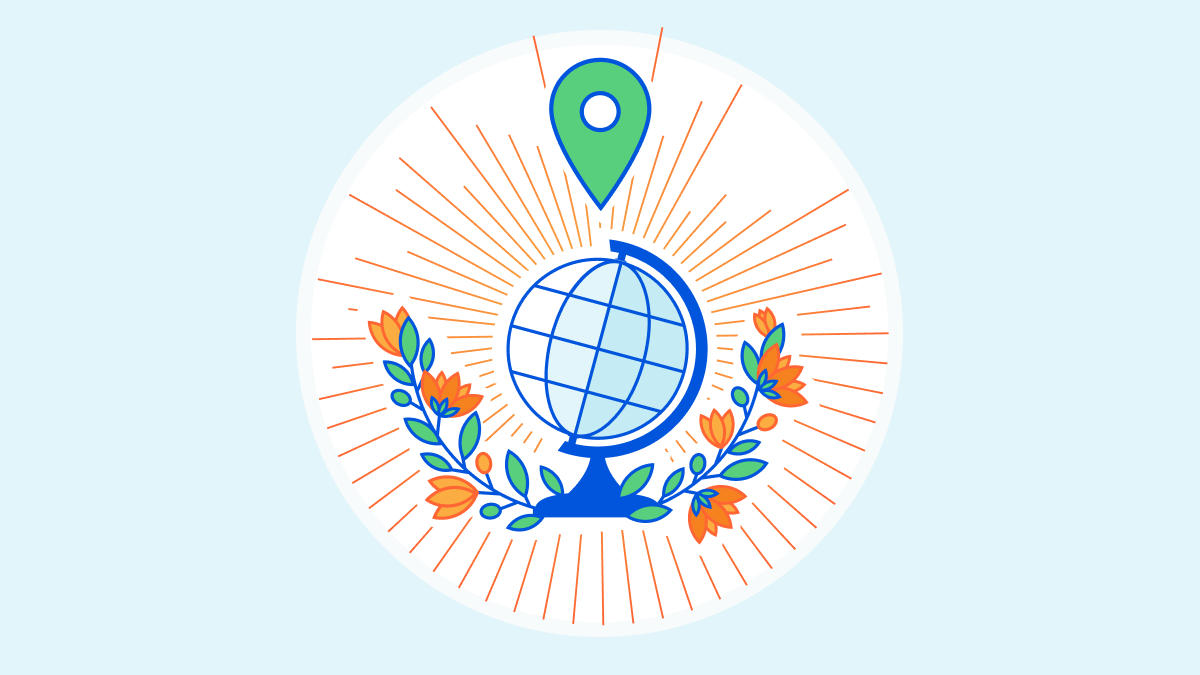
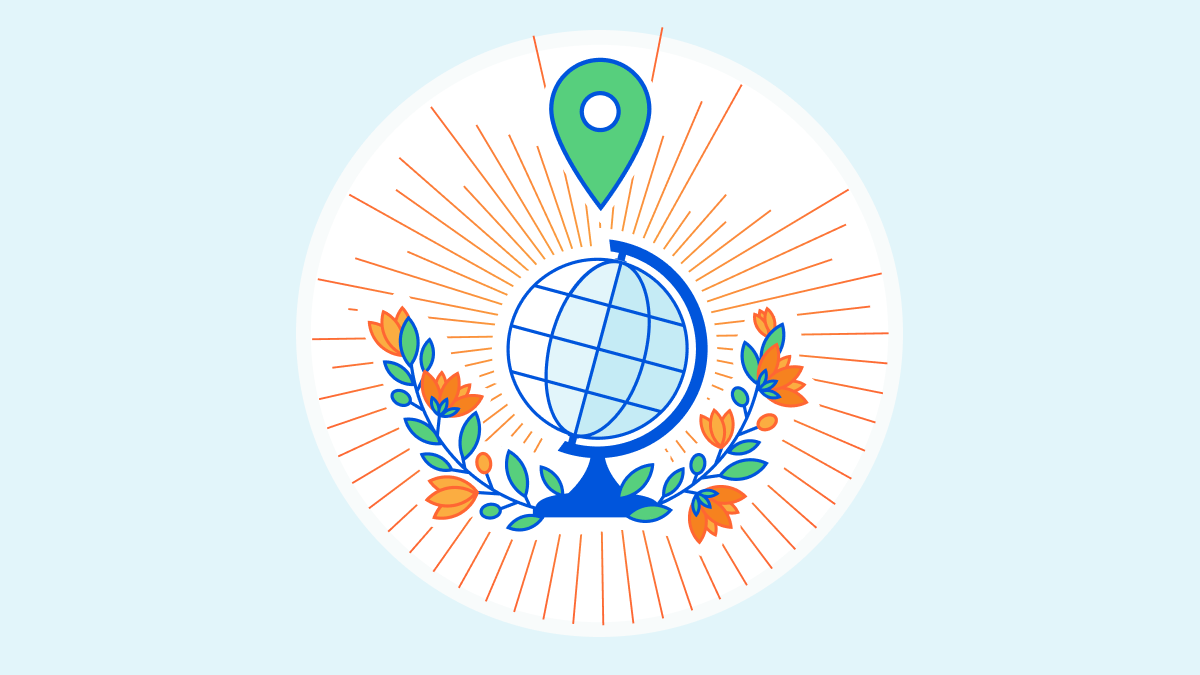
When we started Cloudflare, we weren't thinking about minimizing the environmental impact of the Internet. Frankly, I didn't really think of the Internet as having much of an environmental impact. It was just this magical resource that gave access to information and services from anywhere.
But that was before I started racking servers in hyper-cooled data centers. Before Cloudflare started paying the bills to keep those servers powered up and cooled down. Before we became obsessed with maximizing the number of requests we could process per watt of power. And long before we started buying directly from renewable power suppliers to drive down the cost of electricity across our network.
Today, I have a very good understanding of how much power it takes to run the Internet. It therefore wasn't surprising to read the Boston Consulting Group study which found that 2% of all carbon output, about 1 billion metric tons per year, is attributable to the Internet. That’s the equivalent of the entire aviation industry.
While we didn't set out to reduce the environmental impact of the Internet, Cloudflare has always had efficiency at its core. It comes from our ongoing fight with Continue reading
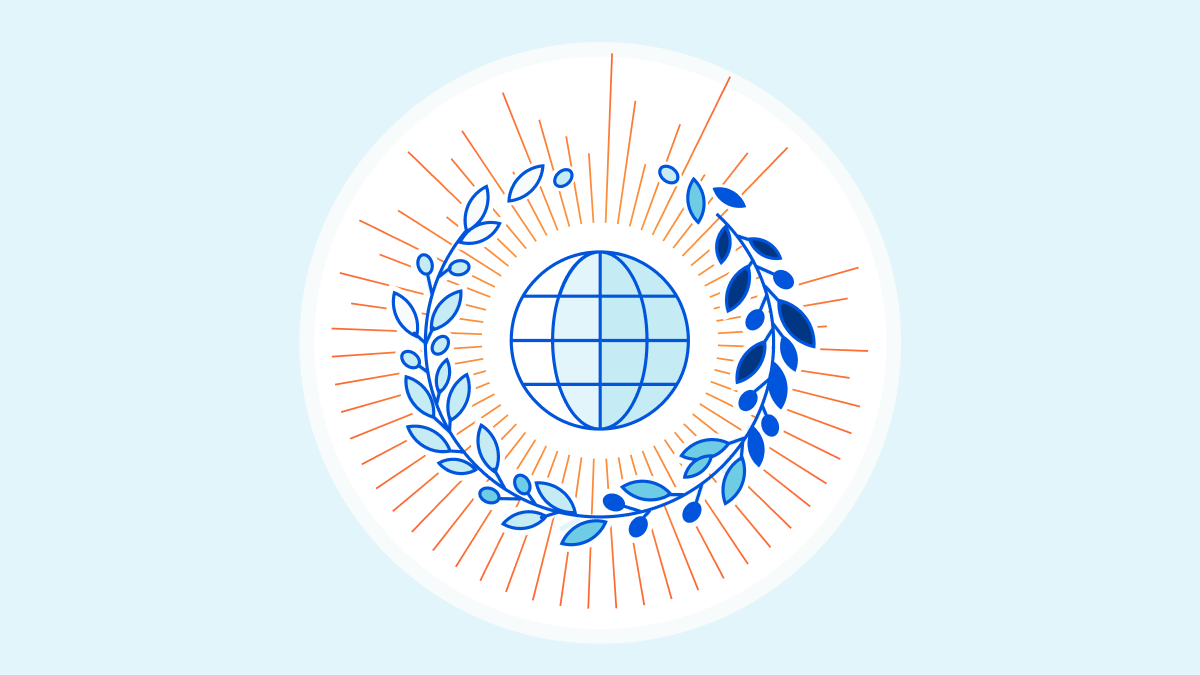
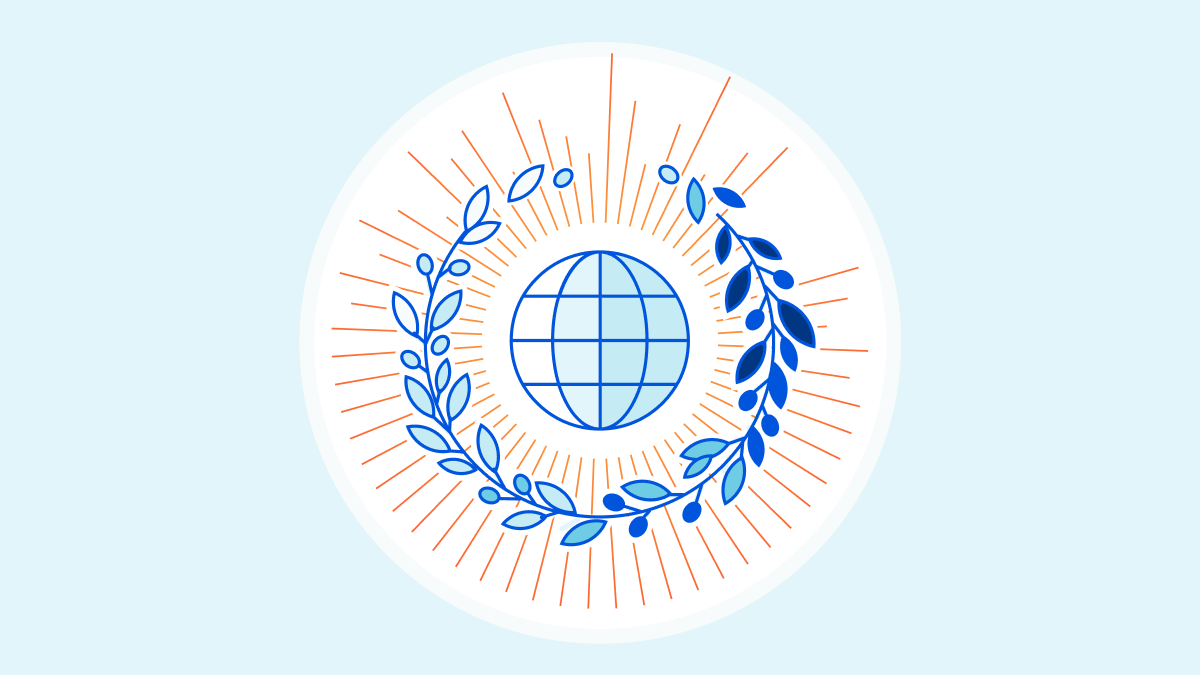
If I'm completely honest, Cloudflare didn't start out as a mission-driven company. When Lee, Michelle, and I first started thinking about starting a company in 2009 we saw an opportunity as the world was shifting from on-premise hardware and software to services in the cloud. It seemed inevitable to us that the same shift would come to security, performance, and reliability services. And, getting ahead of that trend, we could build a great business.

One problem we had was that we knew in order to have a great business we needed to win large organizations with big IT budgets as customers. And, in order to do that, we needed to have the data to build a service that would keep them safe. But we only could get data on security threats once we had customers. So we had a chicken and egg problem.
Our solution was to provide a basic version of Cloudflare's services for free. We reasoned that individual developers and small businesses would sign up for the free service. We'd learn a lot about security threats and performance and reliability opportunities based on their traffic data. And, Continue reading
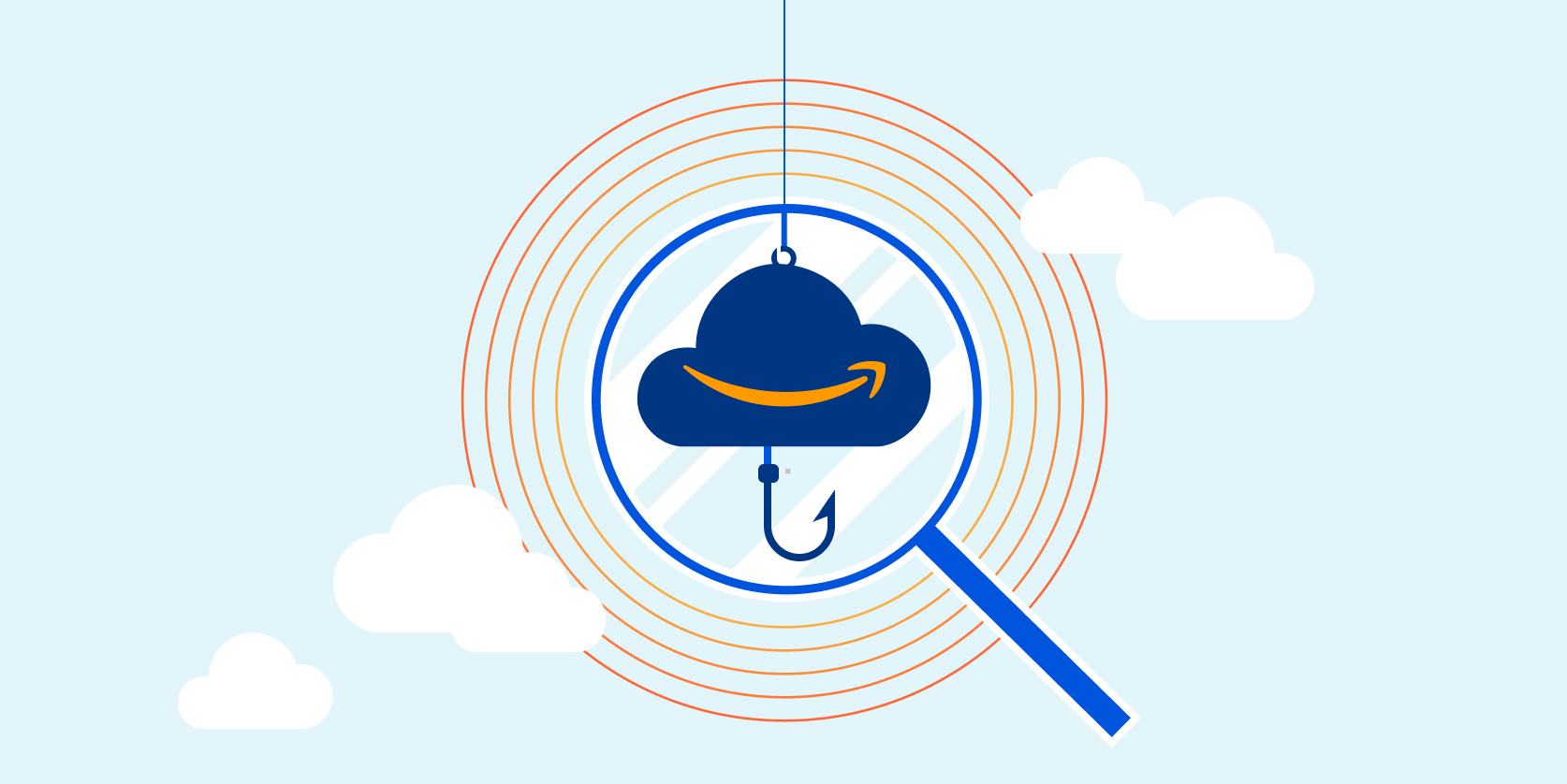
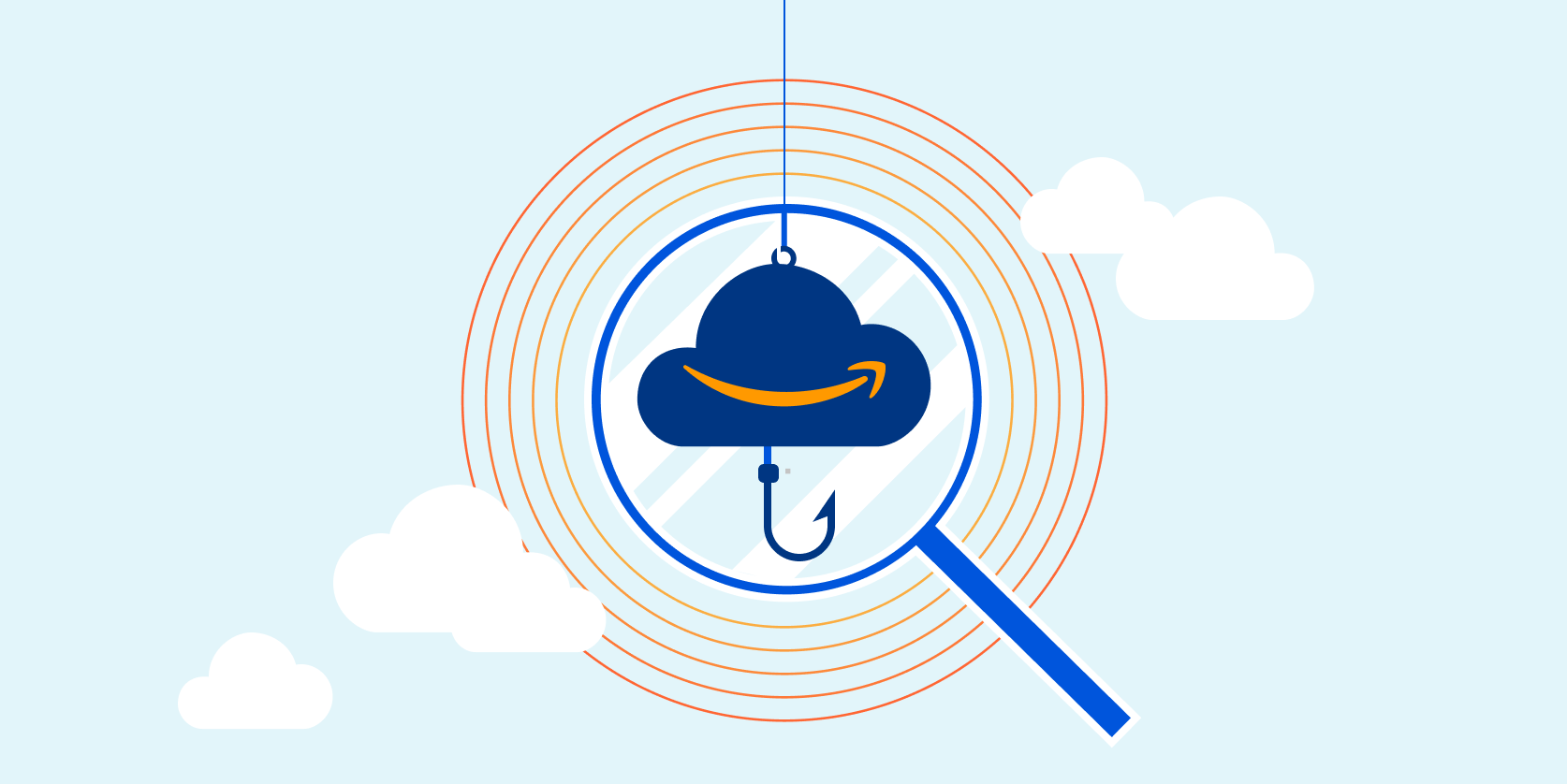
When web hosting services first emerged in the mid-1990s, you paid for everything on a separate meter: bandwidth, storage, CPU, and memory. Over time, customers grew to hate the nickel-and-dime nature of these fees. The market evolved to a fixed-fee model. Then came Amazon Web Services.
AWS was a huge step forward in terms of flexibility and scalability, but a massive step backward in terms of pricing. Nowhere is that more apparent than with their data transfer (bandwidth) pricing. If you look at the (ironically named) AWS Simple Monthly Calculator you can calculate the price they charge for bandwidth for their typical customer. The price varies by region, which shouldn't surprise you because the cost of transit is dramatically different in different parts of the world.
AWS charges customers based on the amount of data delivered — 1 terabyte (TB) per month, for example. To visualize that, imagine data is water. AWS fills a bucket full of water and then charges you based on how much water is in the bucket. This is known as charging based on “stocks.”
On the other hand, AWS pays for bandwidth based on the capacity of their Continue reading
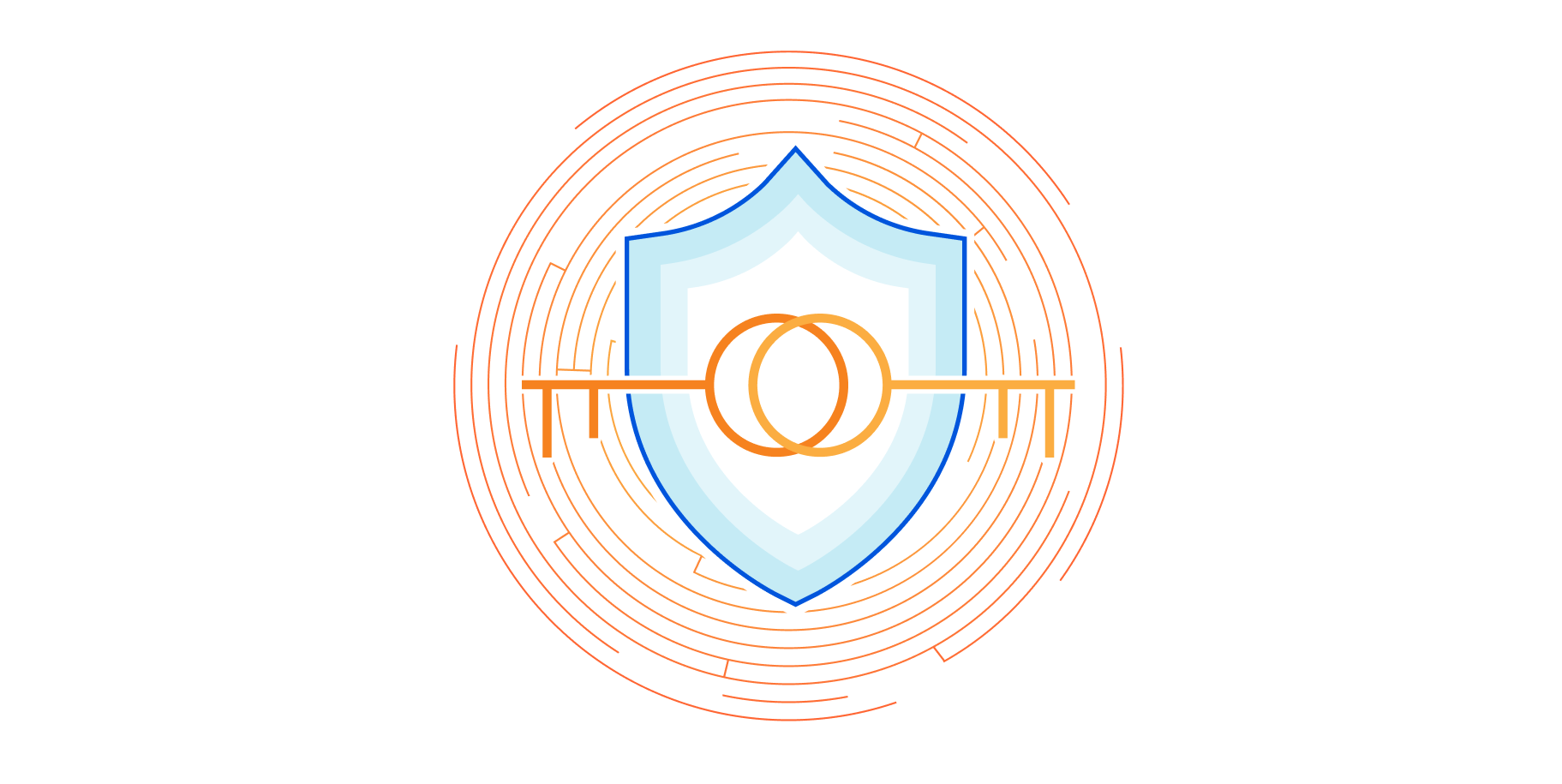
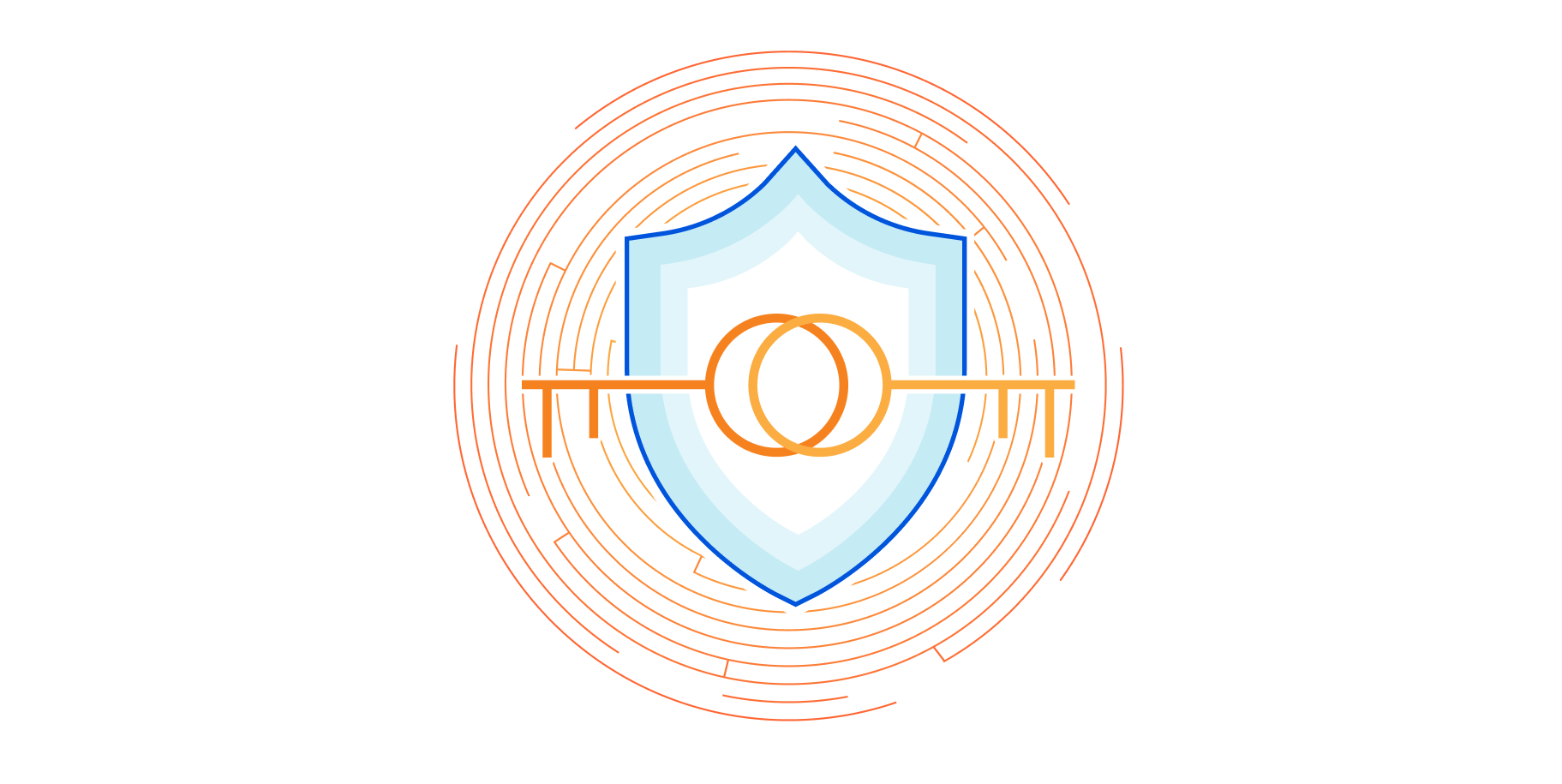
Today kicks off Cloudflare's 2021 Security Week. Like all innovation weeks at Cloudflare, we'll be announcing a dizzying number of new products, opening products that have been in beta to general availability, and talking to customers and through use cases on how to use our network to fulfill our mission of helping build a better Internet.
In Cloudflare's early days, I resisted the label of being a "security company." It seemed overly limiting. Instead, we were setting out to fix the underlying "bugs" of the Internet. The Internet was never built for what it's become. We started Cloudflare to fix that. Being more secure was table stakes, but we also wanted to make the Internet faster, more reliable, and more efficient.
But a lot of what we do is about security. Approximately half our products are security related. And that makes sense because some of the Internet's deepest flaws are that it specifically did not engineer in security from the beginning.
John Graham-Cumming, Cloudflare's CTO, gives a terrific talk about how the Internet we all have come to rely on wasn’t designed to have the security we all need. In Tim Berners-Lee's original proposal for Continue reading
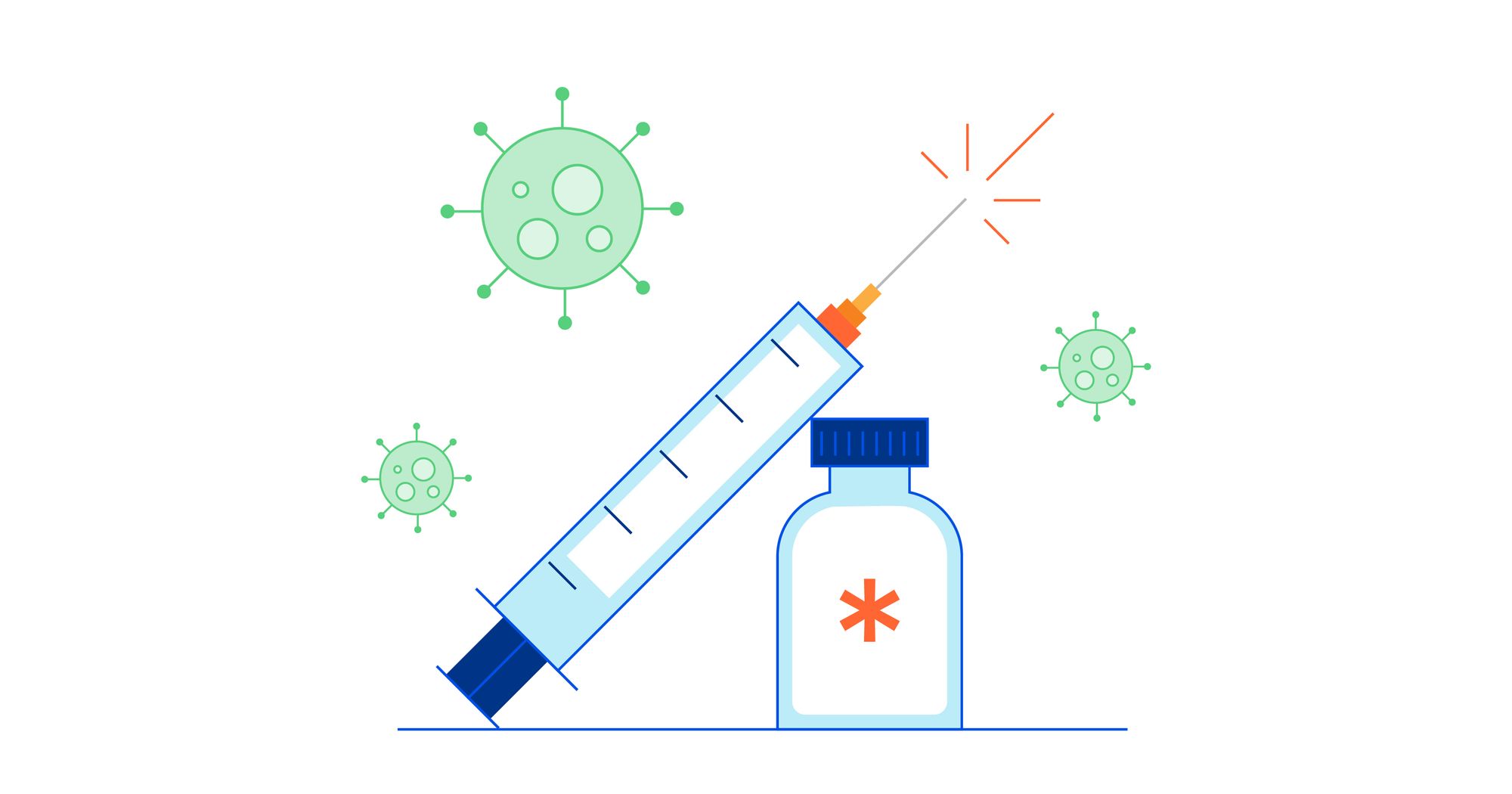
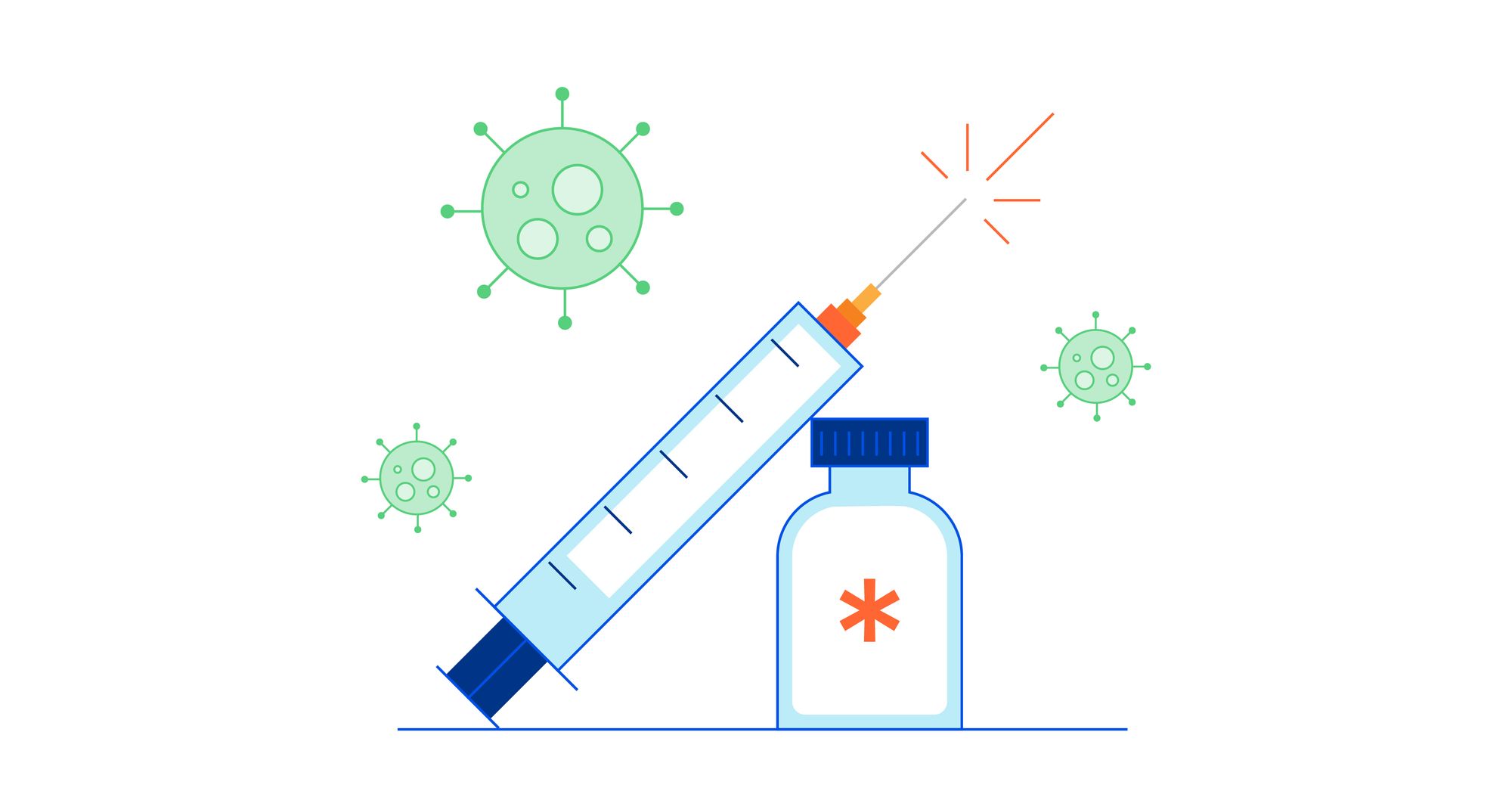
Around the world government and medical organizations are struggling with one of the most difficult logistics challenges in history: equitably and efficiently distributing the COVID-19 vaccine. There are challenges around communicating who is eligible to be vaccinated, registering those who are eligible for appointments, ensuring they show up for their appointments, transporting the vaccine under the required handling conditions, ensuring that there are trained personnel to administer the vaccine, and then doing it all over again as most of the vaccines require two doses.
Cloudflare can't help with most of that problem, but there is one key part that we realized we could help facilitate: ensuring that registration websites don't crash under load when they first begin scheduling vaccine appointments. Project Fair Shot provides Cloudflare's new Waiting Room service for free for any government, municipality, hospital, pharmacy, or other organization responsible for distributing COVID-19 vaccines. It is open to eligible organizations around the world and will remain free until at least July 1, 2021 or longer if there is still more demand for appointments for the vaccine than there is supply.
The problem of vaccine scheduling registration websites crashing under load isn't theoretical: it is happening over Continue reading
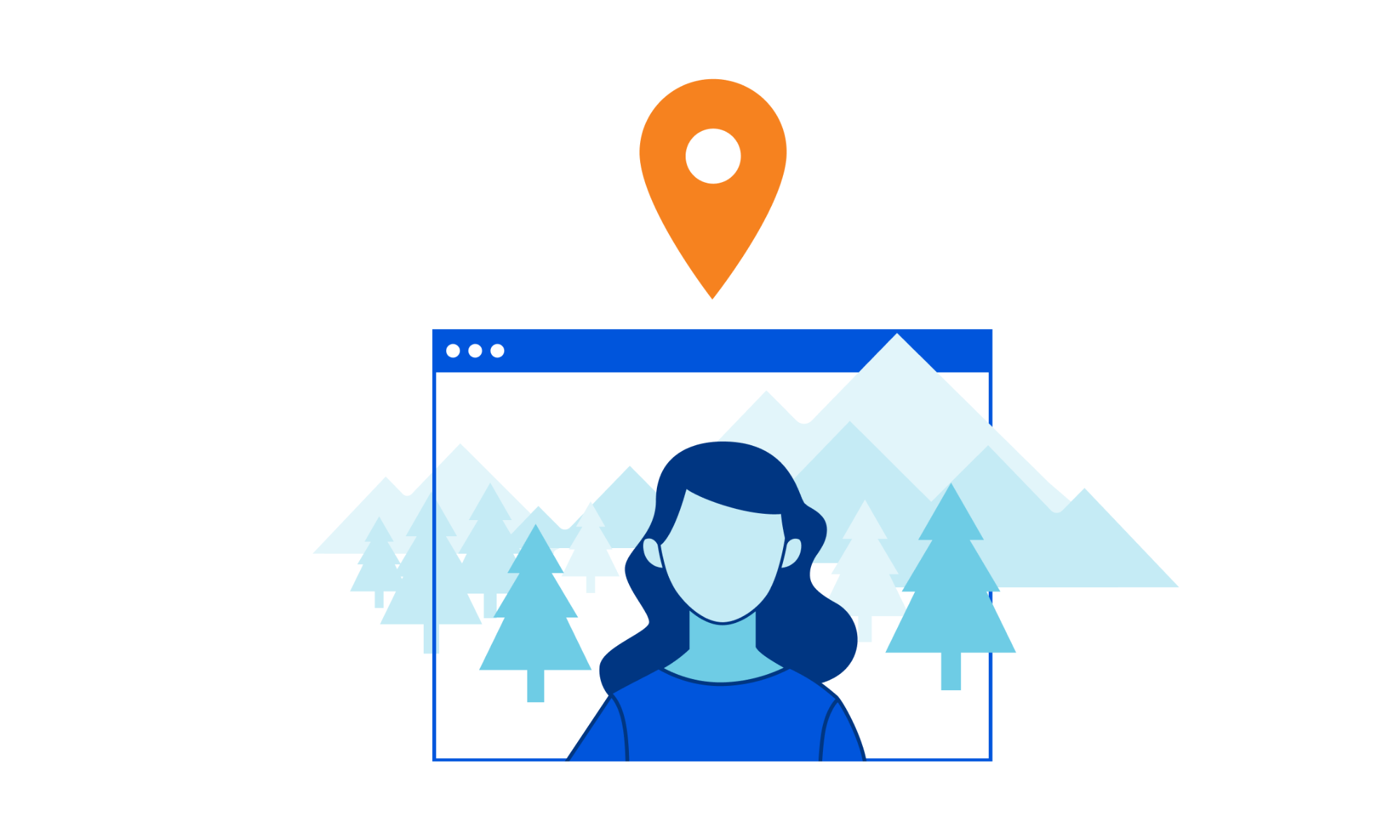
We wanted to close out Privacy & Compliance Week by talking about something universal and certain: taxes. Businesses worldwide pay employment taxes based on where their employees do work. For most businesses and in normal times, where employees do work has been relatively easy to determine: it's where they come into the office. But 2020 has made everything more complicated, even taxes.
As businesses worldwide have shifted to remote work, employees have been working from "home" — wherever that may be. Some employees have taken this opportunity to venture further from where they usually are, sometimes crossing state and national borders.
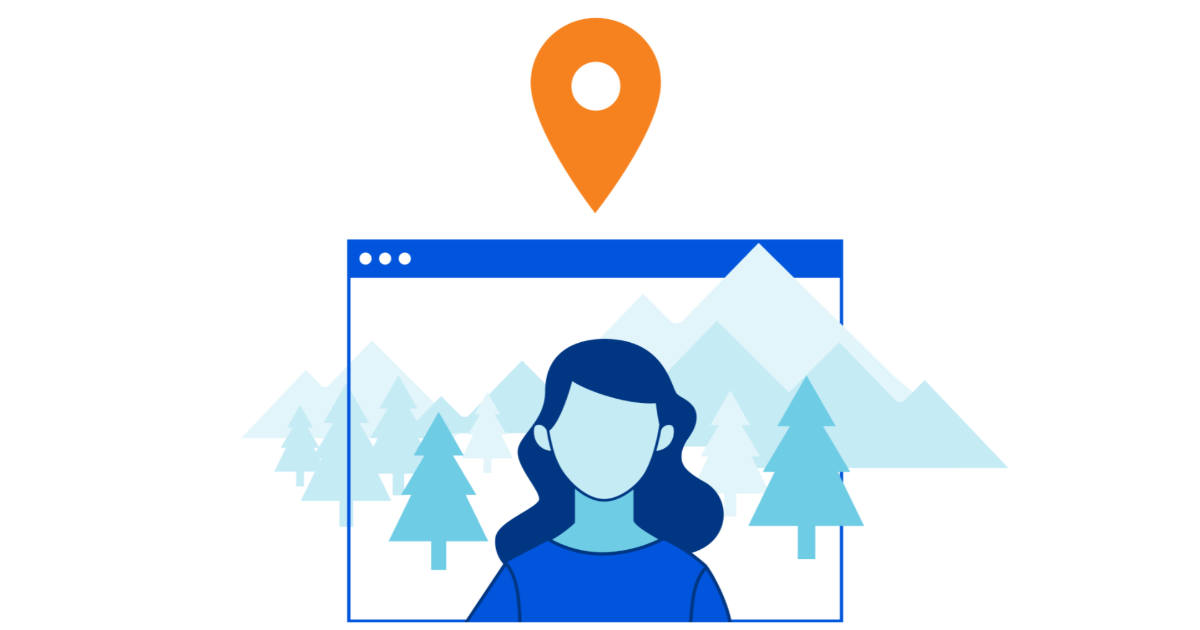
In a lot of ways, it's gone better than expected. We're proud of helping provide technology solutions like Cloudflare for Teams that allow employees to work from anywhere and ensure they still have a fast, secure connection to their corporate resources. But increasingly we've been hearing from the heads of the finance, legal, and HR departments of our customers with a concern: "If I don't know where my employees are, I have no idea where I need to pay taxes."
Today we're announcing the beta of a new feature for Cloudflare for Teams to help solve this problem: Continue reading
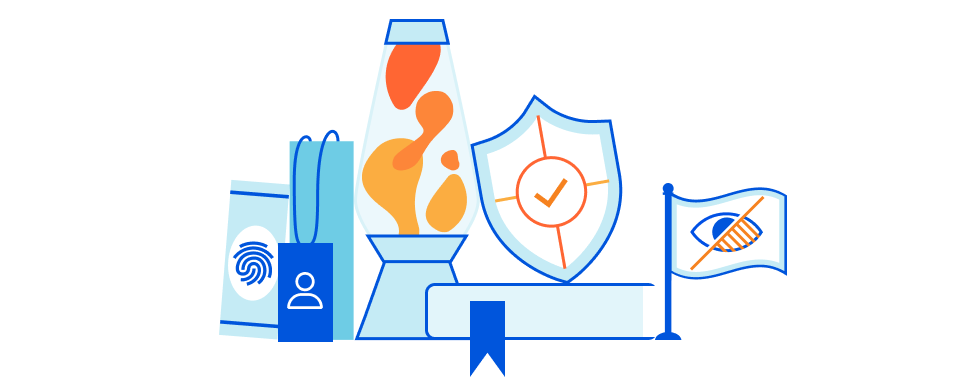
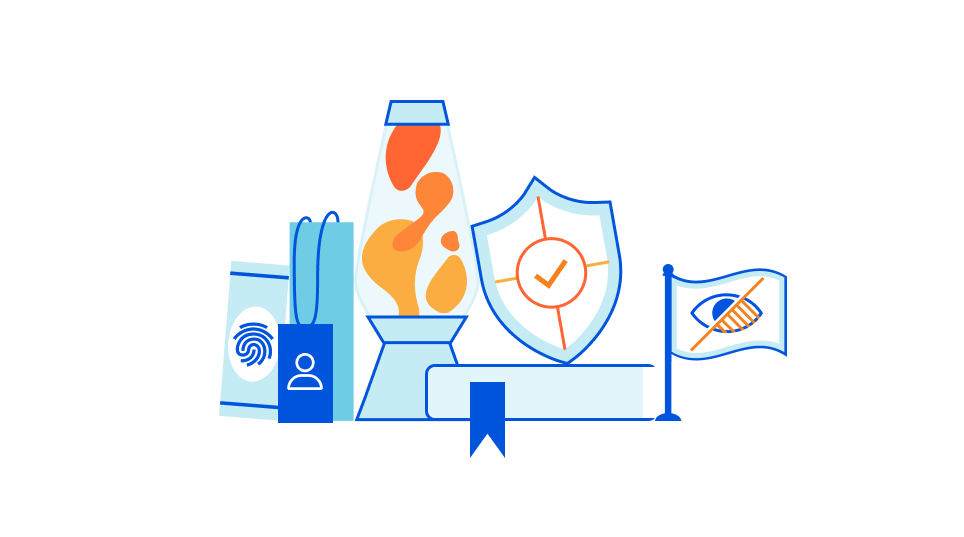
Tomorrow kicks off Cloudflare's Privacy & Compliance Week. Over the course of the week, we'll be announcing ways that our customers can use our service to ensure they are in compliance with an increasingly complicated set of rules and laws around the world.
Early in Cloudflare's history, when Michelle, Lee, and I were talking about the business we wanted to build, we kept coming back to the word trust. We realized early on that if we were not trustworthy then no one would ever choose to route their Internet traffic through us. Above all else, we are in the trust business.
Every employee at Cloudflare goes through orientation. I teach one of the sessions titled "What Is Cloudflare?" I fill several white boards with notes and diagrams talking about where we fit in to the market. But I leave one for the end so I can write the word TRUST, in capital letters, and underline it three times. Trust is the foundation of our business.
That's why we've made decisions that other companies may not have. In January 2013 the FBI showed up at our door with a National Security Continue reading
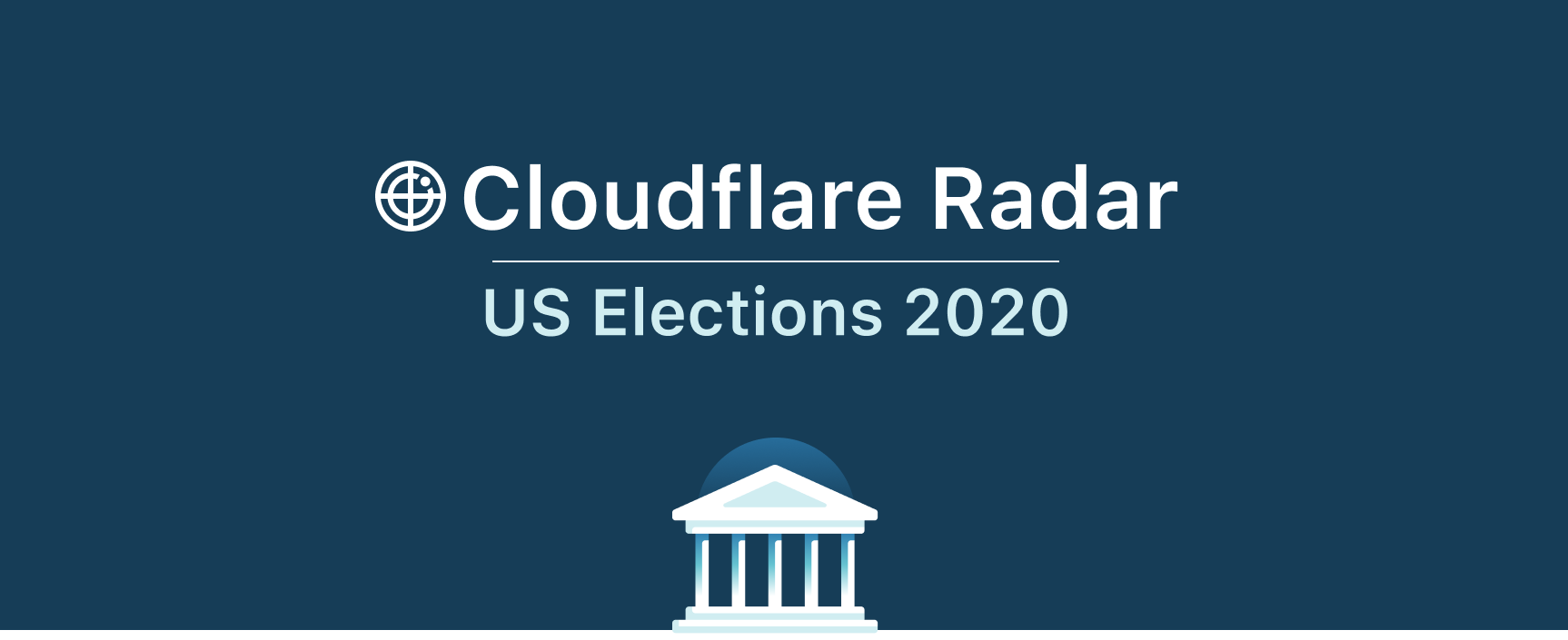
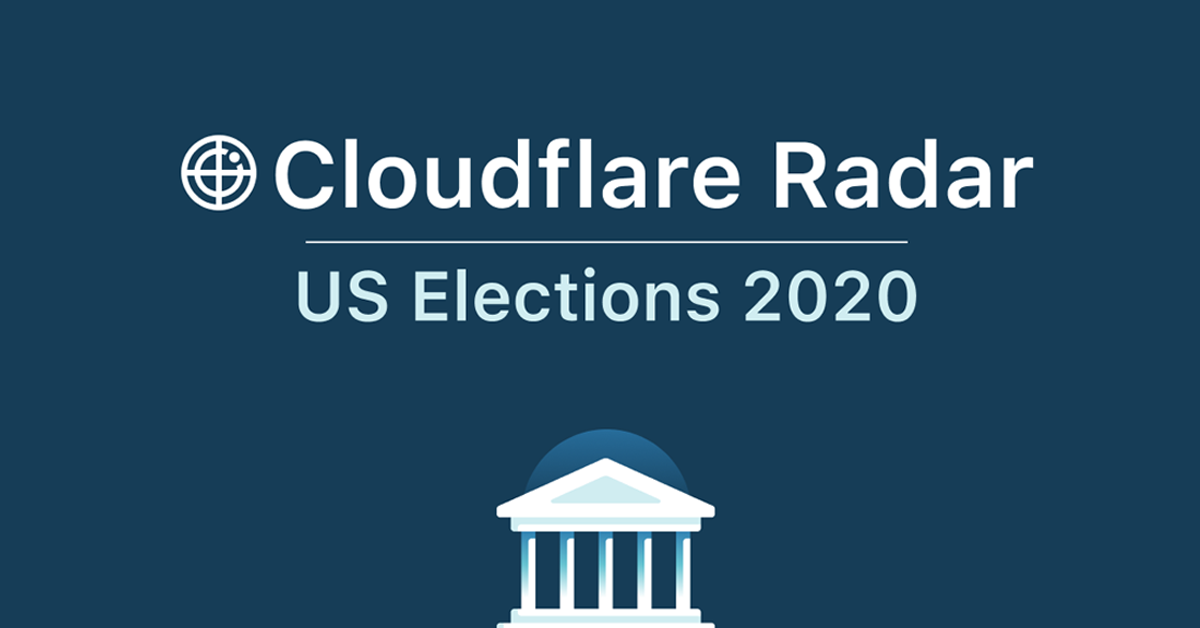
There is significant global attention around the upcoming United States election. Through the Athenian Project and Cloudflare for Campaigns, Cloudflare is providing free protection from cyber attacks to a significant number of state and local elections' websites, as well as those of federal campaigns.
One of the bedrocks of a democracy is that people need to be able to get access to relevant information to make a choice about the future of their country. This includes information about the candidates up for election; learning about how to register, and how to cast a vote; and obtaining accurate information on the results.
A question that I’ve been increasingly asked these past few months: are cyberattacks going to impact these resources leading up to and on election day?
Internally, we have been closely monitoring attacks on the broader elections and campaign websites and have a team standing by 24x7 to help our current customers as well as state and local governments and eligible political campaigns to protect them at no cost from any cyberattacks they may see.
The good news is that, so far, cyberattacks have not been impacting the websites of campaigns and elections officials we are monitoring and protecting. Continue reading


Today we’re announcing Cloudflare One™. It is the culmination of engineering and technical development guided by conversations with thousands of customers about the future of the corporate network. It provides secure, fast, reliable, cost-effective network services, integrated with leading identity management and endpoint security providers.
Over the course of this week, we'll be rolling out the components that enable Cloudflare One, including our WARP Gateway Clients for desktop and mobile, our Access for SaaS solution, our browser isolation product, and our next generation network firewall and intrusion detection system.
The old model of the corporate network has been made obsolete by mobile, SaaS, and the public cloud. The events of 2020 have only accelerated the need for a new model. Zero Trust networking is the future and we are proud to be enabling that future. Having worked on the components of what is Cloudflare One for the last two years, we’re excited to unveil today how they’ve come together into a robust SASE solution and share how customers are already using it to deliver the more secure and productive future of the corporate network.
Cloudflare One is a comprehensive, cloud-based network-as-a-service solution Continue reading

To our stakeholders:
Cloudflare launched on September 27, 2010 — 10 years ago today. Stopping to look back over the last 10 years is challenging in some ways because so much of who we are has changed radically. A decade ago when we launched we had a few thousand websites using us, our tiny office was above a nail salon in Palo Alto, our team could be counted on less than two hands, and our data center locations on one hand.
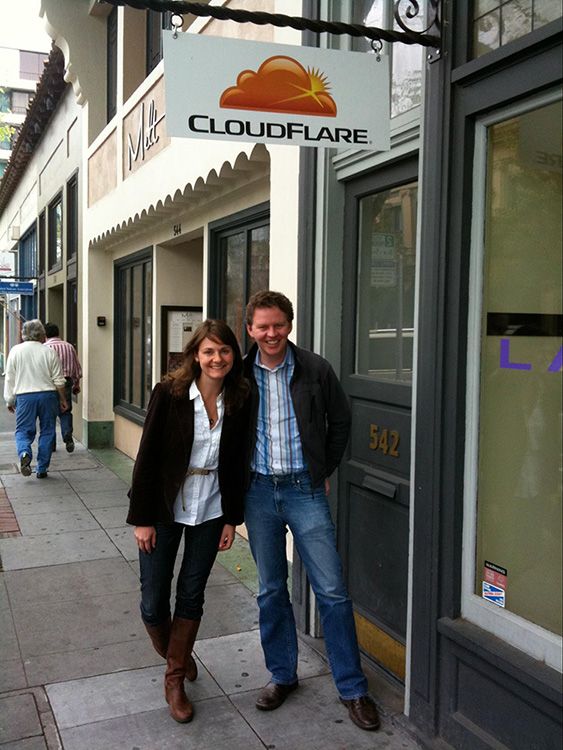
As the company grew, it would have been easy to stick with accelerating and protecting developers and small business websites and not see the broader picture. But, as this year has shown with crystal clarity, we all depend on the Internet for many aspects of our lives: for access to public information and services, to getting work done, for staying in touch with friends and loved ones, and, increasingly, for educating our children, ordering groceries, learning the latest dance moves, and so many other things. The Internet underpins much of what we do every day, and Cloudflare’s mission to help build a better Internet seems more Continue reading

Today CenturyLink/Level(3), a major ISP and Internet bandwidth provider, experienced a significant outage that impacted some of Cloudflare’s customers as well as a significant number of other services and providers across the Internet. While we’re waiting for a post mortem from CenturyLink/Level(3), I wanted to write up the timeline of what we saw, how Cloudflare’s systems routed around the problem, why some of our customers were still impacted in spite of our mitigations, and what appears to be the likely root cause of the issue.
At 10:03 UTC our monitoring systems started to observe an increased number of errors reaching our customers’ origin servers. These show up as “522 Errors” and indicate that there is an issue connecting from Cloudflare’s network to wherever our customers’ applications are hosted.
Cloudflare is connected to CenturyLink/Level(3) among a large and diverse set of network providers. When we see an increase in errors from one network provider, our systems automatically attempt to reach customers’ applications across alternative providers. Given the number of providers we have access to, we are generally able to continue to route traffic even when one provider has an issue.


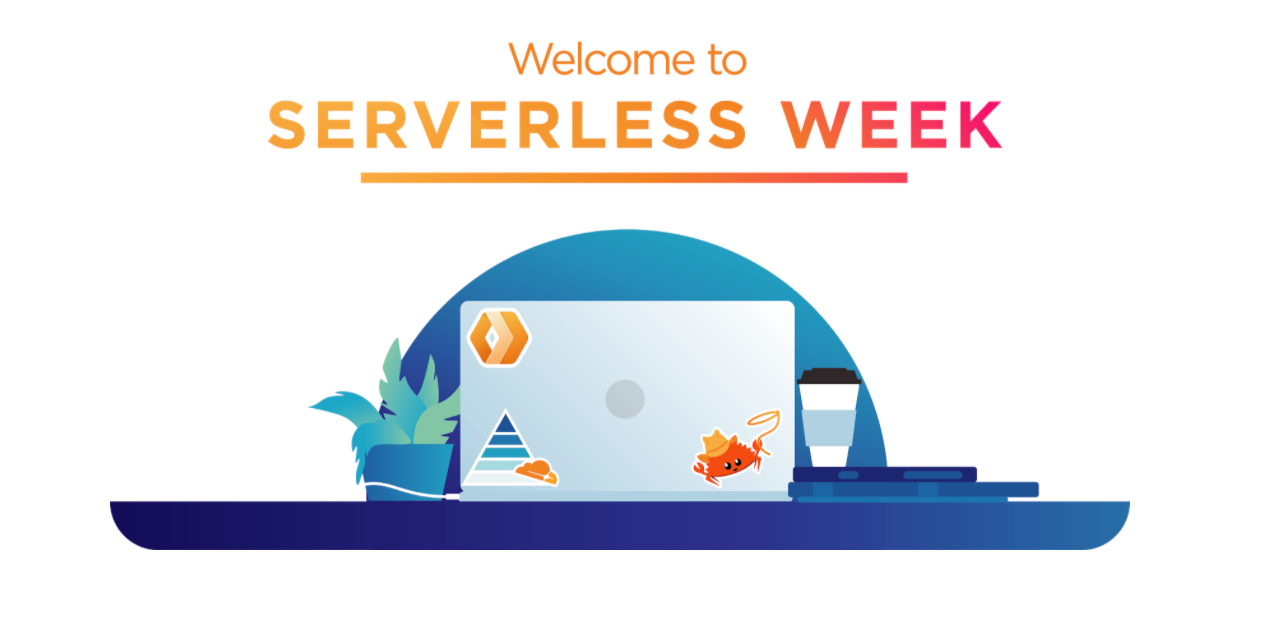
Cloudflare Workers® is one of the largest, most widely used edge computing platforms. We announced Cloudflare Workers nearly three years ago and it's been generally available for the last two years. Over that time, we've seen hundreds of thousands of developers write tens of millions of lines of code that now run across Cloudflare's network.
Just last quarter, 20,000 developers deployed for the first time a new application using Cloudflare Workers. More than 10% of all requests flowing through our network today use Cloudflare Workers. And, among our largest customers, approximately 20% are adopting Cloudflare Workers as part of their deployments. It's been incredible to watch the platform grow.
Over the course of the coming week, which we’re calling Serverless Week, we're going to be announcing a series of enhancements to the Cloudflare Workers platform to allow you to build much more complicated applications, lower your serverless computing bills, make your applications even faster, and prove that the Workers platform is secure to its core.
Before the week begins, I wanted to step back and talk a bit about what we've learned about edge computing over the course of the last three years. When we Continue reading

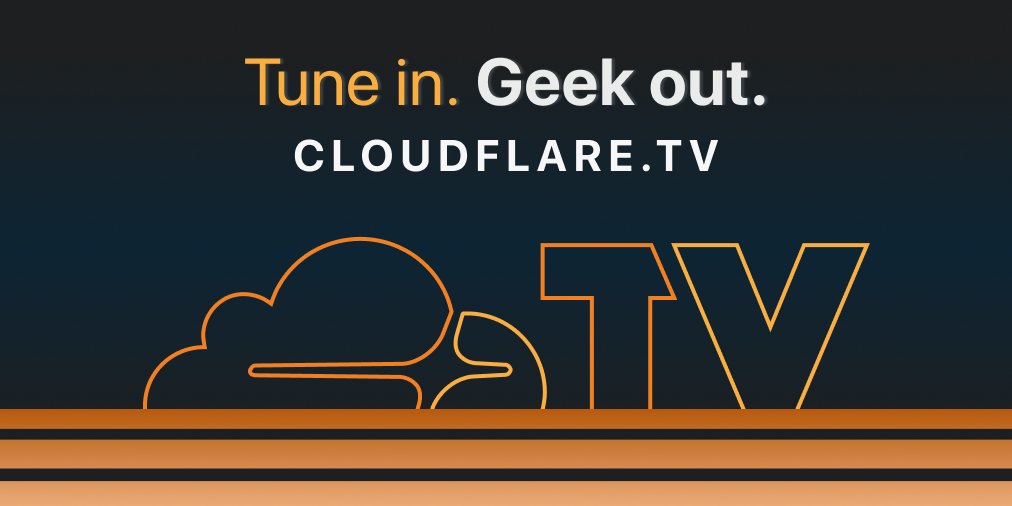
I'm excited to announce the upcoming launch of Cloudflare TV. A 24x7 live television broadcast, streamed globally via the Cloudflare network. You can tune in to the pre-broadcast station and check out the upcoming schedule at: cloudflare.tv
I'm kicking off the first live broadcast starting at 12:00pm Pacific (1900 UTC) on Monday, June 8 with a conversation with Chris Young (add to calendar). Chris was most recently the CEO of McAfee and has had a career defining the cyber security industry, from his own startup Cyveillance in the 1990s, to leadership positions at AOL, RSA, VMWare, Cisco, and Intel. I hope you'll tune in and then stay tuned for all the content our team has in store.
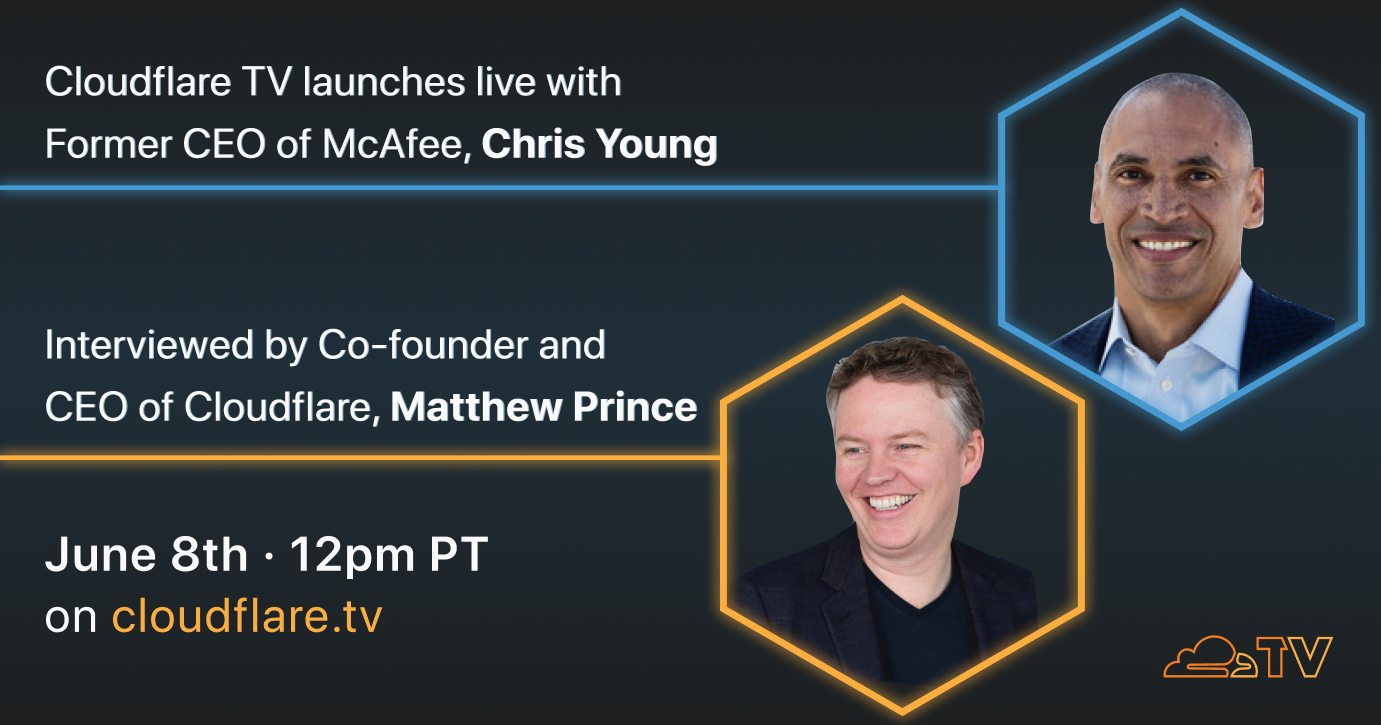
Which leaves the question: why on earth is Cloudflare launching a 24x7 television station?
I was born in the 70's, am a child of the 80's, and got started in my career in the 90's. In the background, throughout much of it, was linear television we watched together. Over the last few months I've learned that Michelle Zatlyn, my co-founder and Cloudflare's COO, and I shared a love of Children's Television Network's Continue reading

As we’ve often seen in the past, real world protest and violence is usually accompanied by attacks on the Internet. This past week has been no exception. The shocking murder of George Floyd on May 25 was followed, over the weekend of May 30/31, by widespread protests and violence in the US. At the same time, Cloudflare saw a large uptick in cyberattacks, particularly cyberattacks on advocacy organizations fighting racism.
This chart shows the number of cyberattack HTTP requests blocked by Cloudflare over the last week (blue line) compared to the corresponding week in April a month before (green line). Cloudflare’s scale means that we are blocking attacks in the many 10s of billions per day, but even with that scale it’s clear that during the last week there have been even more attacks than before. And those attacks grew over the weekend.

Digging in a little deeper we can compare the attacks over this past weekend with a corresponding weekend a month before. Over the weekend of April 25/26, Cloudflare blocked a total of 116,317,347,341 (a little over 116 billion cyberattack HTTP requests performing DDoS or trying to break into websites, apps or APIs were blocked).
Since 116,317,347,341 can Continue reading


We recently migrated the CAPTCHA provider we use from Google's reCAPTCHA to a service provided by the independent hCaptcha. We're excited about this change because it helps address a privacy concern inherent to relying on a Google service that we've had for some time and also gives us more flexibility to customize the CAPTCHAs we show. Since this change potentially impacts all Cloudflare customers, we wanted to walk through the rationale in more detail.

One of the services Cloudflare provides is a way to block malicious automated ("bot") traffic. We use a number of techniques to accomplish that. When we are confident something is malicious bot activity we block it entirely. When we are confident it's good human traffic (or a good bot like a search engine crawler) then we let it through. But, sometimes, when we're not 100% sure if something is malicious or good we issue it a “challenge”.
We have different types of challenges, some are entirely automatic, but one requires human intervention. Those challenges are known as CAPTCHAs. That's an acronym for Completely Automated Public Turing Test to Tell Computers and Humans Apart (a few Ts are dropped otherwise it'd be CAPTTTCHA). These Continue reading


We are living through extraordinary times. Around the world, the Coronavirus has caused disruptions to nearly everyone's work and personal lives. It's been especially hard to watch as friends and colleagues outside Cloudflare are losing jobs and businesses struggle through this crisis.
We have been extremely fortunate at Cloudflare. The super heroes of this crisis are clearly the medical professionals at the front lines saving people's lives and the scientists searching for a cure. But the faithful sidekick that's helping us get through this crisis — still connected to our friends, loved ones, and, for those of us fortunate enough to be able to continue work from home, our jobs — is the Internet. As we all need it more than ever, we're proud of our role in helping ensure that the Internet continues to work securely and reliably for all our customers.
We plan to invest through this crisis. We are continuing to hire across all teams at Cloudflare and do not foresee any need for layoffs. I appreciate the flexibility of our team and new hires to adapt what was our well-oiled, in-person orientation process to something virtual we're continuing to refine weekly as new people join us.
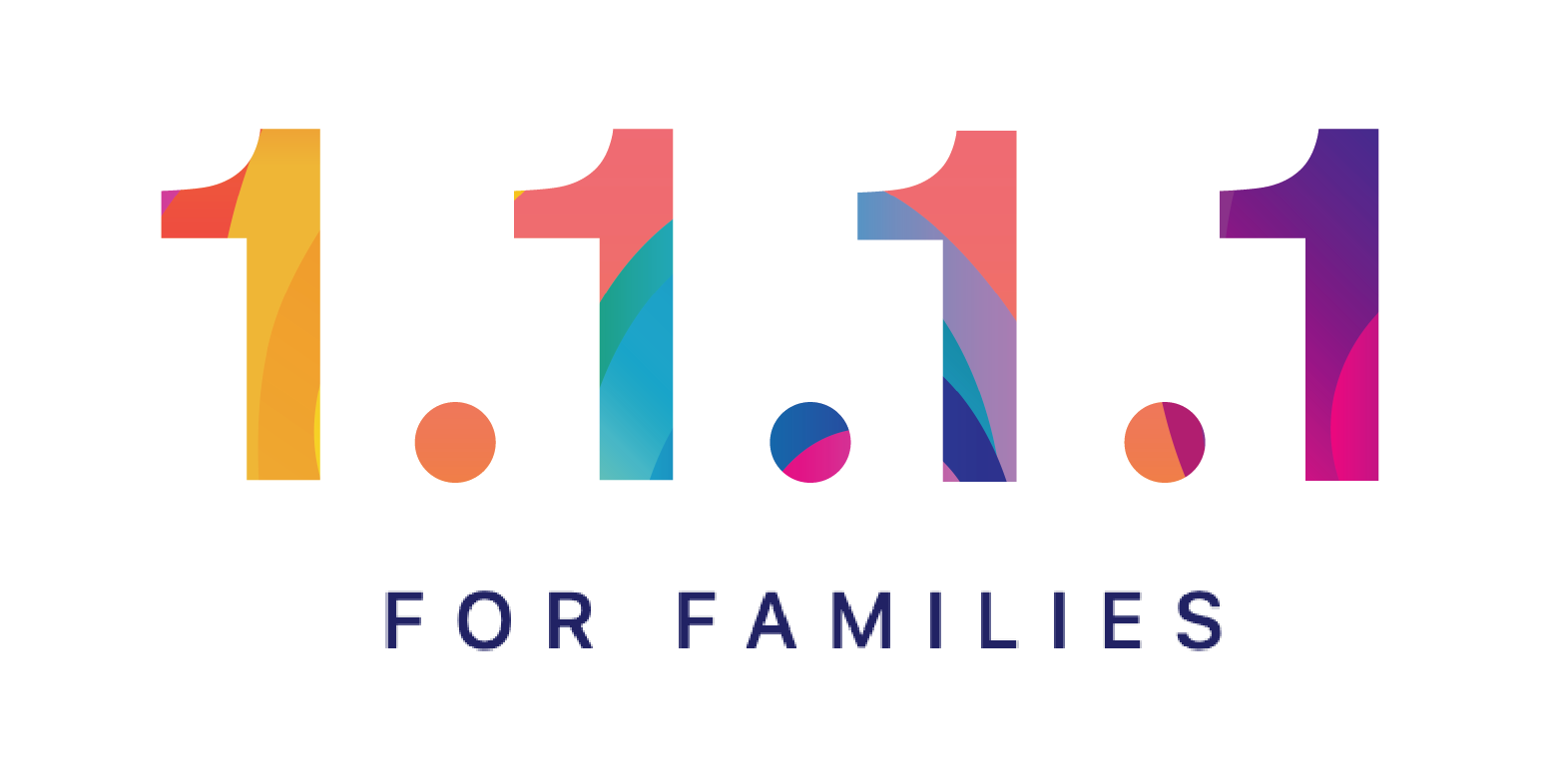
Today we made a mistake. The mistake caused a number of LGBTQIA+ sites to inadvertently be blocked by the new 1.1.1.1 for Families service. I wanted to walk through what happened, why, and what we've done to fix it.
As is our tradition for the last three years, we roll out new products for the general public that uses the Internet on April 1. This year, one of those products was a filtered DNS service, 1.1.1.1 for Families. The service allows anyone who chooses to use it to restrict certain categories of sites.
Nothing about our new filtered DNS service changes the unfiltered nature of our original 1.1.1.1 service. However, we recognized that some people want a way to control what content is in their home. For instance, I block social media sites from resolving while I am trying to get work done because it makes me more productive. The number one request from users of 1.1.1.1 was that we create a version of the service for home use to block certain categories of sites. And so, earlier today, we launched 1.1.1. Continue reading

Two years ago today we announced 1.1.1.1, a secure, fast, privacy-first DNS resolver free for anyone to use. In those two years, 1.1.1.1 has grown beyond our wildest imagination. Today, we process more than 200 billion DNS requests per day making us the second largest public DNS resolver in the world behind only Google.

Yesterday, we announced the results of the 1.1.1.1 privacy examination. Cloudflare's business has never involved selling user data or targeted advertising, so it was easy for us to commit to strong privacy protections for 1.1.1.1. We've also led the way supporting encrypted DNS technologies including DNS over TLS and DNS over HTTPS. It is long past time to stop transmitting DNS in plaintext and we're excited that we see more and more encrypted DNS traffic every day.

Since launching 1.1.1.1, the number one request we have received is to provide a version of the product that automatically filters out bad sites. While 1.1.1.1 can safeguard user privacy and optimize efficiency, it is designed for direct, fast DNS resolution, not for blocking or Continue reading
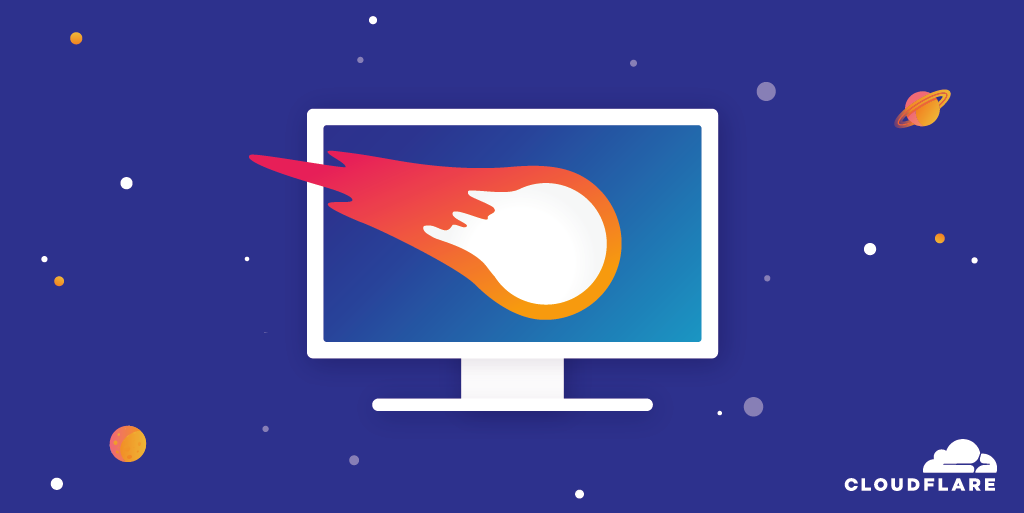
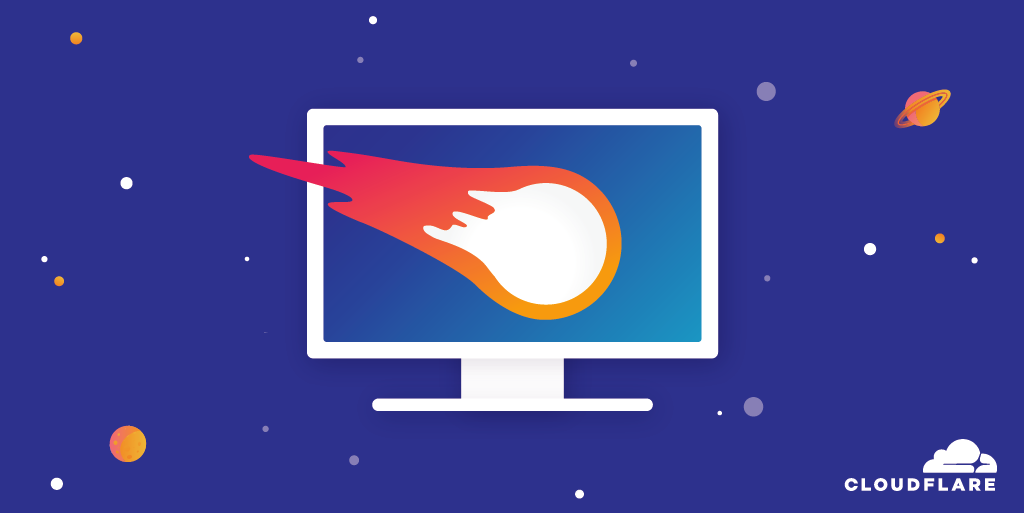
Last April 1 we announced WARP — an option within the 1.1.1.1 iOS and Android app to secure and speed up Internet connections. Today, millions of users have secured their mobile Internet connections with WARP.
While WARP started as an option within the 1.1.1.1 app, it's really a technology that can benefit any device connected to the Internet. In fact, one of the most common requests we've gotten over the last year is support for WARP for macOS and Windows. Today we're announcing exactly that: the start of the WARP beta for macOS and Windows.
We always wanted to build a WARP client for macOS and Windows. We started with mobile because it was the hardest challenge. And it turned out to be a lot harder than we anticipated. While we announced the beta of 1.1.1.1 with WARP on April 1, 2019 it took us until late September before we were able to open it up to general availability. We don't expect the wait for macOS and Windows WARP to be nearly as long.
The WARP client for macOS and Windows relies on the Continue reading